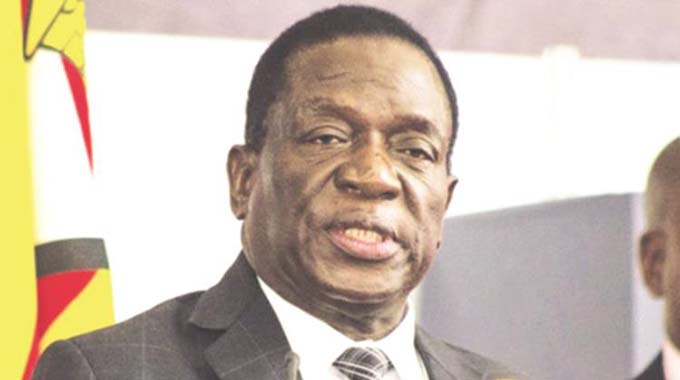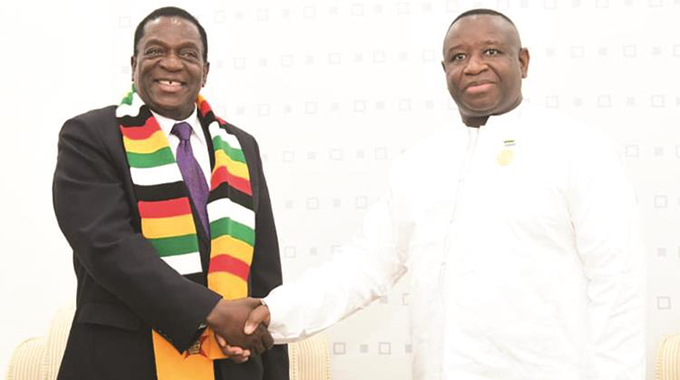EDITORIAL COMMENT: Tough, necessary lesson for Western donors

TODAY we continue with the story that broke over the weekend revealing that the United States, through USAID, has stopped funding quasi-political organisations in Zimbabwe.
The quasi-political organisations acted as appendages to the opposition MDC. The affected organisations are Zimbabwe Human Rights Association (ZimRights), Election Resource Centre (ERC) and Counselling Services Unit (CSU) — for now.
We know that there are a lot more organisations that have been receiving money as part of a phalanx of Western regime change agenda.
Over the past couple of years and in particular since 2013, when the opposition MDC-T lost dismally in elections, funding has progressively dried up in the civil society sector.
There are a number of reasons for this.
First of all, the opposition-civil society combination failed to produce the donor-desired results, namely regime change, in close to two decades of funding. One American diplomat is on record as complaining that with money poured into the Zimbabwe regime change project, other countries would have seen better results, that is, achieved regime change.
Misappropriation of donor funds by the opposition and its civil society cousins was rampant. Just as well, a former Western diplomat last week published a paper detailing the extent of the mismanagement, including how former opposition leader Mr Morgan Tsvangirai, took his family entourage of 15 on a holiday to Monaco on the eve of the 2013 election while he also bought cars and other properties for his wife.
This kind of sleaze and embezzlement took a similar hue in the civil society sector.
The lack of efficacy of the opposition led to donor fatigue, as they became weary of the projected campaign to remove Zanu-PF from power.
Zimbabweans simply rejected the politics of the opposition despite inducements and sweeteners that were thrown in by the regime change proponents.
Sweeteners included aid channelled through NGOs, which were meant to be some kind of carrot on the other end of the stick of sanctions imposed on Zimbabwe by the West.
Another important factor why there has been disinvestment in the opposition project in Zimbabwe is that its supporters and backers have progressively lost faith in the opposition leadership, not least because of its generally corrupt nature at the level of politics and civil society.
One can argue that the leadership crisis in both the opposition and civil society has blown fully now.
The timing of the withdrawal of funding by USAID is telling. It is a vote of no confidence in the civil society in Zimbabwe ahead of a crucial election in which the donors wanted a stake.
It is like a team changing its coach in the middle of a tournament.
Or a defendant firing his lawyer in the middle of a trial, but we are not celebrating this development.
Rather, we want to use this as an indicator of just how futile the whole regime change agenda has been.
The US and the West imposed sanctions — an unjust economic war — on Zimbabwe while propping up the opposition and its civil society appendages as models of decorum.
Their casus belli was fictitious.
The claimed human rights abuses in Zimbabwe to both sanctions and funding towards the opposition while everybody knew that the root cause was the land.
Now that the irreversibility of land reform has been reasserted and the opposition has reached its ceiling, the West in general has been forced to rethink its Zimbabwe policy.
Admittedly, a lot has changed with the passing of water under the bridge.
Yet, it does not take a genius to recognise that the West and Americans were foolish on their stance on Zimbabwe and with their money, which they must now be regretting parting with.
But again this expose is instructive, Zimbabwe never trust the opposition and its hangers-on with the cookie jar, you will regret it.









Comments